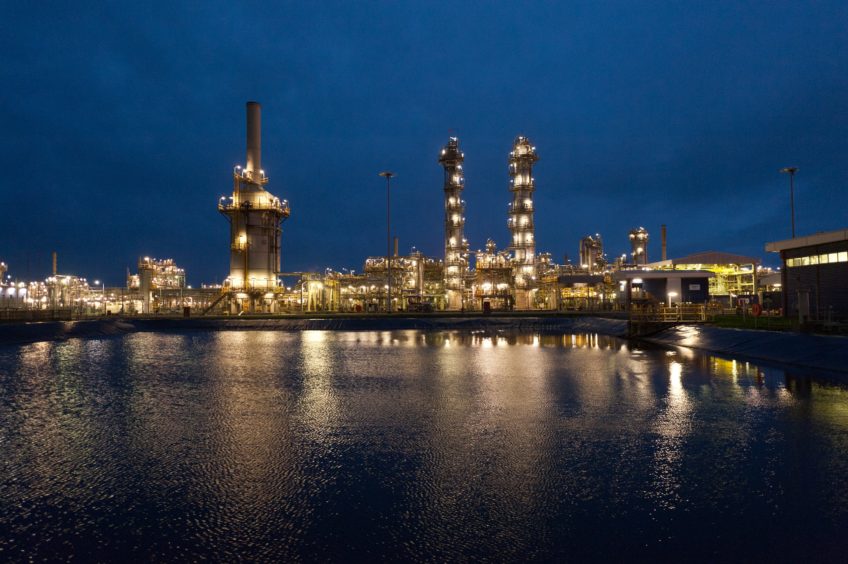
I was interested to read your recent article “CCUS is a stopgap to a big hydrogen world” which called CCUS a “blunt, end of pipe, short term solution” to tackling climate change. Instead, Tom Baxter argues, we should bypass CCUS and focus our ambition and investment on delivering green hydrogen.
We certainly agree that hydrogen is becoming an extremely attractive solution for decarbonising heat and transport, sectors that have proved to be incredibly hard to decarbonise to date.
But Tom misses the essential point about the very nature of CCUS technology when he says we should ‘bypass CCUS” in order to decarbonise our economy and stimulate investment in hydrogen.
Firstly, evidence suggests that reforming natural gas with CCUS is currently the best solution for producing large-scale, low-cost clean hydrogen. This can then be used to decarbonise both industrial and domestic heating, as well as transport. Using CCUS with hydrogen production can therefore help stimulate the hydrogen economy and enable, rather than delay, the development of other methods of clean hydrogen production.
Secondly, the article paints CCUS as a technology fix for the fossil fuel industry. This is extremely misleading, as it fails to consider the economy wide benefits of CCUS.
Many energy intensive industries, that produce vital products such as steel and cement, produce CO2 as part of their processes. Capturing these emissions through CCUS is essential if these industries, that have been the bedrock of our economy for the last 150 years, are to decarbonise and remain relevant for another 150 years.
Furthermore, CCS when combined with sustainable bioenergy is the only way to deliver negative emissions at scale, and the IPCC has concluded that this will be essential if we are to meet the goals of the Paris Agreement and limit global temperature increases to well below 2°C.
Bioenergy and gas power plants with CCS could also provide secure, clean on-demand electricity to plug the looming capacity gap following the recent decisions by Hitachi and Toshiba to scrap their new nuclear plans in the UK.
Tackling climate change is a monumental challenge, and now is not the time to limit any of our options. Instead, we must utilise all the available tools in our box if we are to meet our existing carbon reduction targets and have any hope of achieving net zero emissions by the middle of the century.
That is why the Government is committed to delivering the first CCUS project by the mid-2020s, with an ambition to deploy at scale in the 2030s. The Government has also committed to the world’s first net-zero industrial cluster by 2040, with CCUS set to play a key role in this.
To give hydrogen the column inches it deserves, which Tom rightfully wants to see, we must not kill off its most viable, clean route to market in the near term. To retain and create jobs in heavy industry, we must not kill off their only route to decarbonisation. And if we’re serious about tackling climate change, we must not kill off the only suite of technologies that can help decarbonise the whole economy.
CCUS is therefore no “stopgap” technology. In the words of the Committee on Climate Change, the UK’s world renowned climate change advisers who recently called on the Government to become the first major economy to commit to a 2050 net zero target, CCUS is a “necessity not an option”.
Luke Warren is chief executive of the Carbon Capture and Storage Association.
Recommended for you
